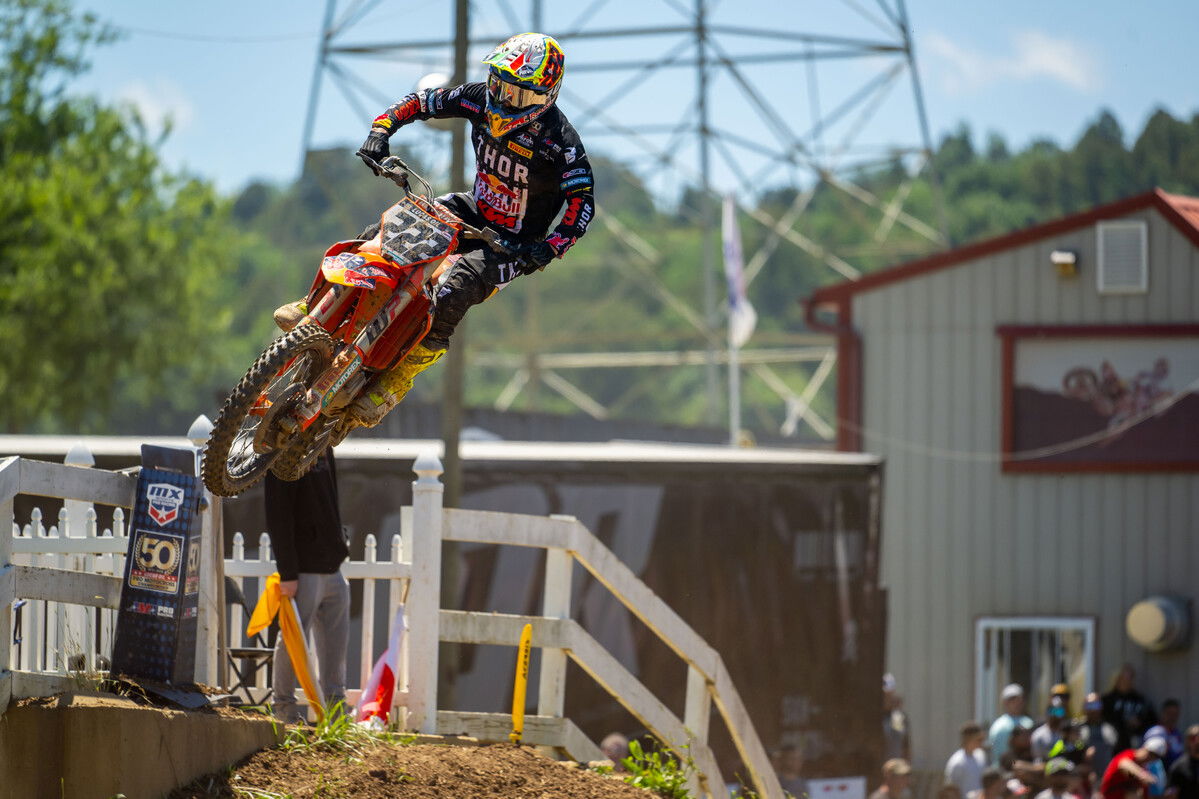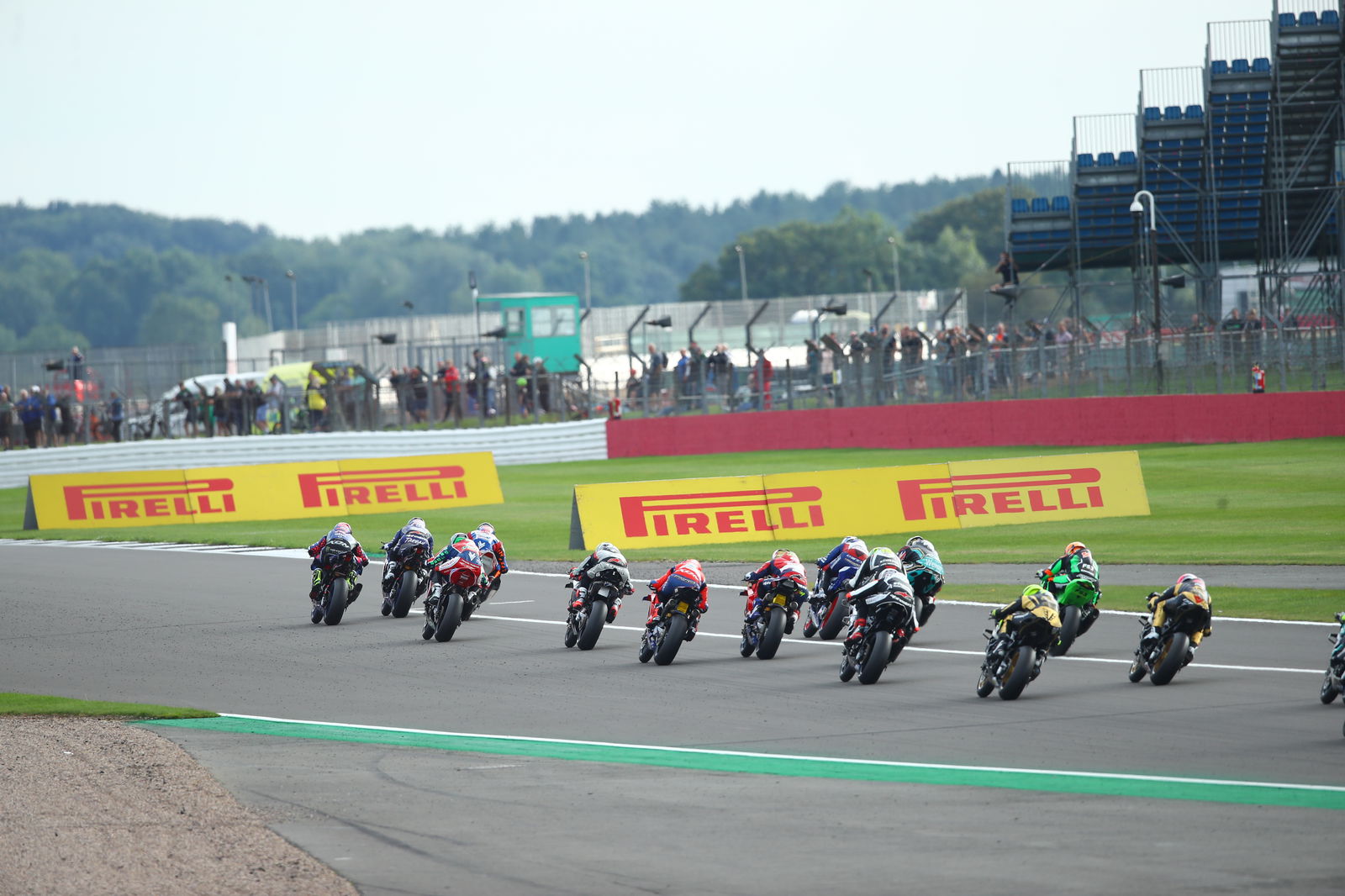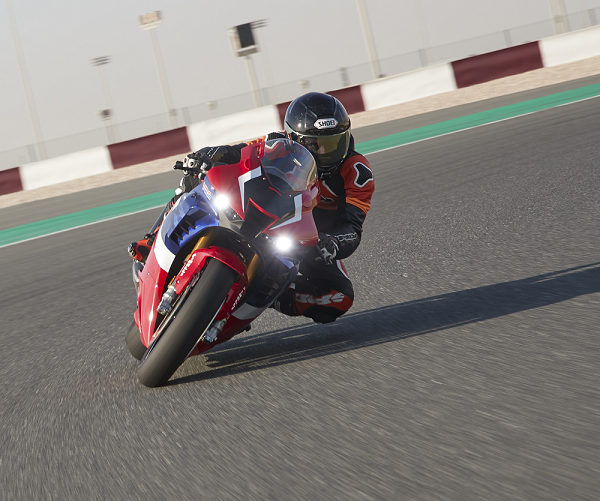Electric ‘Fireblade’ Aiming for 2029 Le Mans Entry
Some students from Clermont-Ferrand recently unveiled a self-built electric race bike that started life as a Honda Fireblade.

The Le Mans 24 Hours is one of the most iconic two- and four-wheel motorsport events on the planet. And while it is usually petrol-powered (or hybrid, as is the way for cars) that triumph on the Circuit de la Sarthe, a group of students think they can take on the best with battery power.
The team are from the Sigma Engineering School, and their bike, which is based on a Honda CBR1000RR-R Fireblade, has already been to the circuit. It was quietly unveiled at this year’s event, taking part in a demo lap of the legendary venue. It’s also been undergoing on-track testing at the Circuit Issoire, just south of Clermont-Ferrand.
The team is now eyeing a more intense visit to Le Mans, with 2028 being the year they want to enter their bike in the 24-Hour Motos endurance race. Should that happen, it would mark the first time a battery-powered bike has ever entered the historic event. But there are some big hurdles the team will have to clear before they can roll onto the grid.
The first, and possibly biggest, of those is funding. Building a race bike to compete in an endurance race isn’t cheap, and neither is running a team of engineers and technicians. With that in mind, the Sigma team is seeking funding and partners, as it looks to secure around €1,000,000 (£853,125) to cement its place on the grid.
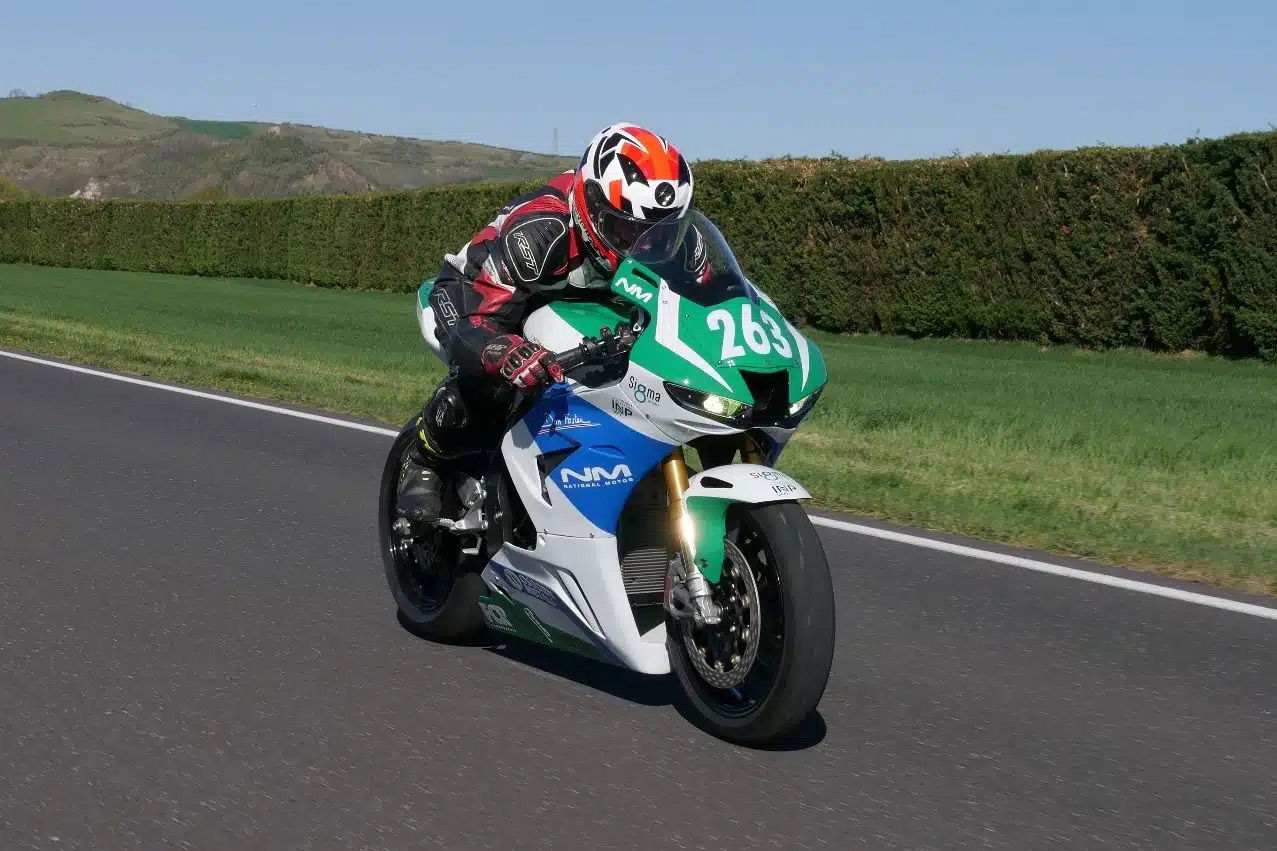
The next obstacle is the bike itself. Battery-powered bikes bring a whole set of their own problems when applied to motorsport, such as: how do you recharge them? To speed up the pit stops, the team is designing a quick-change battery system, meaning they should be able to swap out the depleted battery and slot in a fresh one. With bikes at Le Mans regularly taking part in long stints and needing lots of tyre changes, there should be less pressure on the crew to carry out the swap in double-quick time.
And it’s not just a quick-change battery being investigated. The team from Sigma is also looking at battery technology, as they try to create the lightest battery possible.
"The goal is to obtain the lightest possible battery, to recharge very quickly and to change as infrequently as possible," explains Sylvain Charlat, a teacher at Sigma. "It's the same problem as for electric vehicles: how many kilometres can you travel with it?"
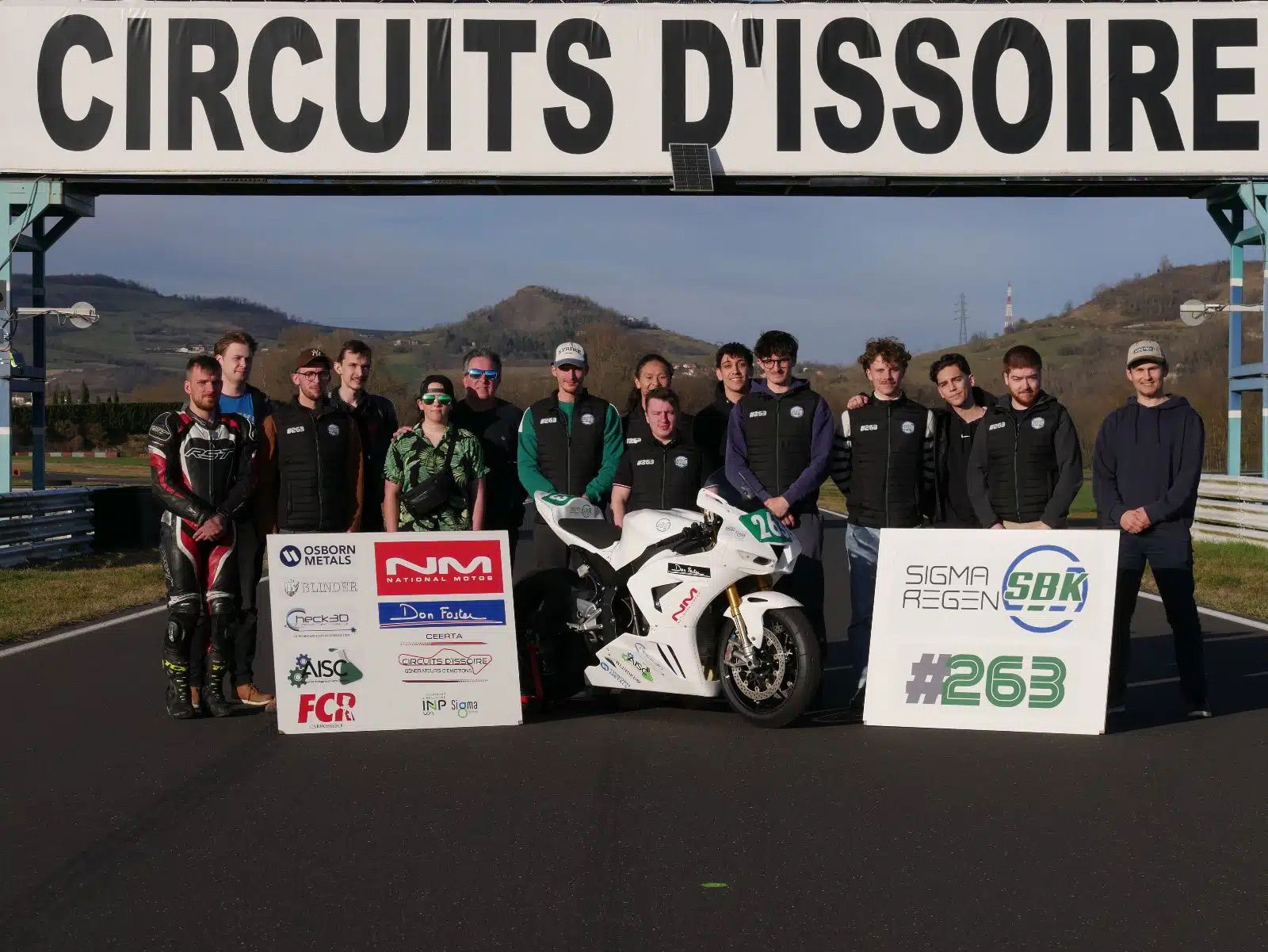
All points aside, the obvious reason the team is going down the electric route is sustainability. Even electric bikes have their own set of environmental impacts, but the team apparently has one eye on those, too.
"Motorsports currently suffer from a poor image, as several aspects pose problems," said Alexis Bosson, a former Sigma student and the project leader. "There's the engine, but also the consumption of wear parts like tires and brake pads, which generate a lot of pollution. Several avenues need to be explored to ensure the sport continues."
2029 is the deadline, so the team will need to get their act together quickly to hit their target. It’s good to see, though, that they have at least got themselves a working mule out on the track. Whether we get to see the thing race, that’s a different story.
You can check out the bike for yourself on the team's Instagram channel.
Images: Sigma Regen Superbike (IG)
Find the latest motorcycle news on Visordown.com
